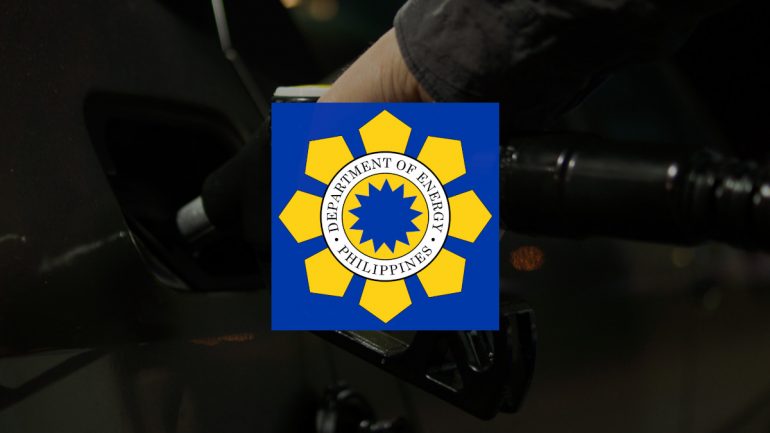Possible supply disruptions from the International Oil market have pushed the Department of Energy (DOE) to make contingency plans to help ensure our local fuel supplies are adequate.
A task force has been organized as part of the contingency plan to address internal and/or external supply disruptions.
DOE-Oil Industry Management Bureau assistant director Rodela Romero said, during the Laging Handa briefing yesterday, “The DOE is in close coordination with the Philippine National Oil Co. (PNOC) and other government agencies to determine the level of demand or requirements of different sectors, like the transport sector and other industries, to be able to draft the oil contingency plan.”
These international disruptions have caused oil prices to skyrocket. Some of the reasons why these are happening include the Russia-Ukraine conflict, the explosion in Nigeria, maintenance disruption and pipeline leaks in Libya, and also the oil spills in Ecuador and Kazakhstan.

For context, for the past seven weeks, the local oil prices have been on the rise. Gasoline prices is now up by PHP 7.90 per liter, diesel by PHP 10.20, and kerosene by PHP 9.20 since the beginning of the year
Until the country has set up its oil stockpiling program or strategic petroleum reserve (SPR), the oil contingency plan is among the first measures the DOE is pushing.
DOE issued a circular last September forming the country’s SPR to reduce price and supply shocks from importing oil.
The point of the circular is to boost the security of the nation’s fuel supply by having a government-owned reserve of crude-oil, finished petroleum products, and biofuel reserves. This should also address a severe international supply interruption or implement the Targeted Fuel Relief Program.
In order to establish an SPR though, it will need to go through an 18-month long feasibility study and work program budget review. This is then followed by an approval by the PNOC and the DOE within 12 months after.
However, the commencement failed due to failed bidding for a third-party advisor. Romero said, “We are now reviewing the terms of reference for the public bidding for the said consultancy service.”
A detailed feasibility study, according to the official, is vital because it will help determine factors like the number of oil reserves, manner of withdrawals, and priority sectors, among others.
Additionally, the DOE has requested Congress to pass a law giving the agency the power to put up a strategic petroleum reserve to address supply disruptions.
Started his freelancing adventure in 2018 and began doing freelance Audio Engineering work and then started freelance writing a few years later.
Currently he writes for Gadget Pilipinas and Grit.PH.
He is also a musician, foody, gamer, and PC enthusiast.







